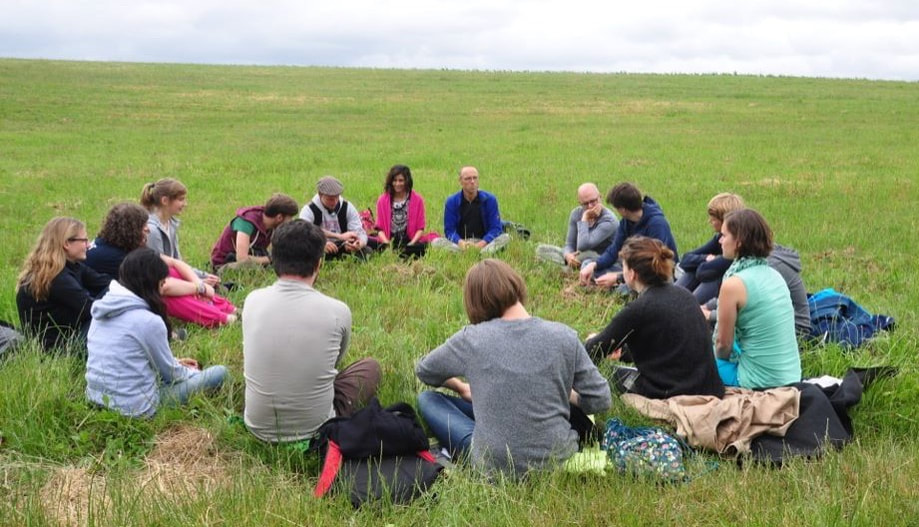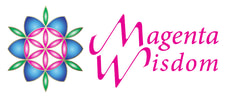 This semester at Saybrook University, I taught a course titled “Systems Practice for Socio-Cultural Transformation.” It was co-created with a group of organizational systems students who wanted to experience the implications of moving from systems thinking to systems being and explore other ways of working with systems tools and methodologies to facilitate transformation. As part of this learning adventure, the students organized a two-day workshop in addition to the time we had together at the beginning of the semester during Saybrook’s residential conference in January. The workshop took place in Asilomar, an inspirational conference center immersed in natural beauty in Monterey Bay, California. We used two books as key resources: The classic Systems Thinking, Systems Practice by Peter Checkland and Coming Back to Life: Practices to Reconnect Our Lives, Our Worldby Joanna Macy. We wanted to ground our learning in systemic methodologies and practices designed to facilitate change, but we wanted to do it by experimenting, adapting, and enriching the tools in ways that reflected our individual strengths and interests. I hadn’t been to Asilomar for some years but, as soon as I arrived, it was as if I was surrounded by a field of memories, emotions, and learning that I experienced there over the years. The first time I went to Asilomar was in 1993 for one of the annual conversation events sponsored by the International Systems Institute (ISI). Bela H. Banathy was the founder and president of ISI and there I met many individuals who became my dear friends, teachers, and colleagues. Here is where I decided to study with Banathy, here is where my work on evolutionary learning communities was conceived, here is where the inspiration for my organization Syntony Quest came from. The first thing I did was to visit the circular meadow in front of the registration building. I felt greeted by the Monterey cypresses in that circle. I reconnected to Bela’s spirit. Even though I didn’t know what was ahead of us in terms of the experiences for the next two days, I was already grateful. It was clear that nothing but magic was waiting for us in this gathering. The structure of the workshop was very simple: sessions of 1.5 hours in which we rotated facilitation. We were five women and each one of us brought a hands-on learning experience to explore ways of bringing systems thinking to life. The types of facilitated exercises explored issues of rank and power, compassionate communication, widening the circles when looking at challenging situations, experiencing deep empathy for others, and how to create sacred containers for emotional healing. Because of the size of the group, the experience was an easy flow from one activity to the next, and our time together during meals was equally productive and rich. We also scheduled down time to take care of ourselves and enjoy the place. This workshop was an experience of deep and transformative dialogue that allowed us to be open and vulnerable with each other, to step forward to support and care for one another, and to experience deep connections and healing. This was the most amazing aspect of this experience. As we were able to relate the ideas and exercises to our personal and professional experiences, there was a kind of group alchemy in which what we brought forth became helpful to the group as a whole. We laughed and cried together. We shared our dreams. We continued our conversations until late in front of the fire place. We all came out feeling a little bit more whole. It was very clear that the beauty of the natural environment around us was an important factor in creating such a powerful experience. Nature inspired us to be authentic, open, fluid, playful, relaxed, and diverse. I re-learned that the most important thing for facilitating systemic, socio-cultural transformation is to know and accept myself and to be fully present. By showing up authentically, in our full humanity, we discover the power to transform ourselves and our world. Self as instrument. Spending these days with this group of women was a gift. It didn’t feel like work. It was an experience of positive reciprocity: I received more than I gave. And I’m ready for more.
1 Comment
|
AuthorKathia Castro Laszlo, Ph.D. Archives
August 2015
Categories
All
|

 RSS Feed
RSS Feed